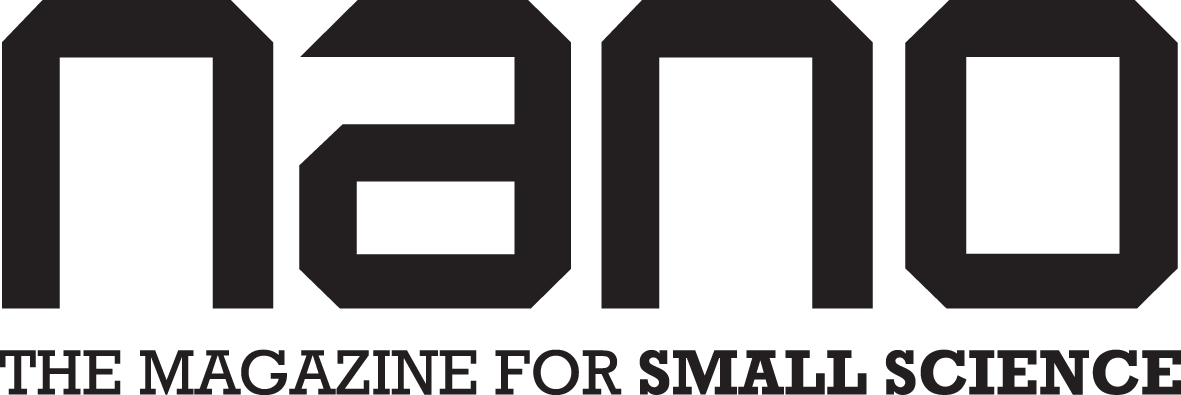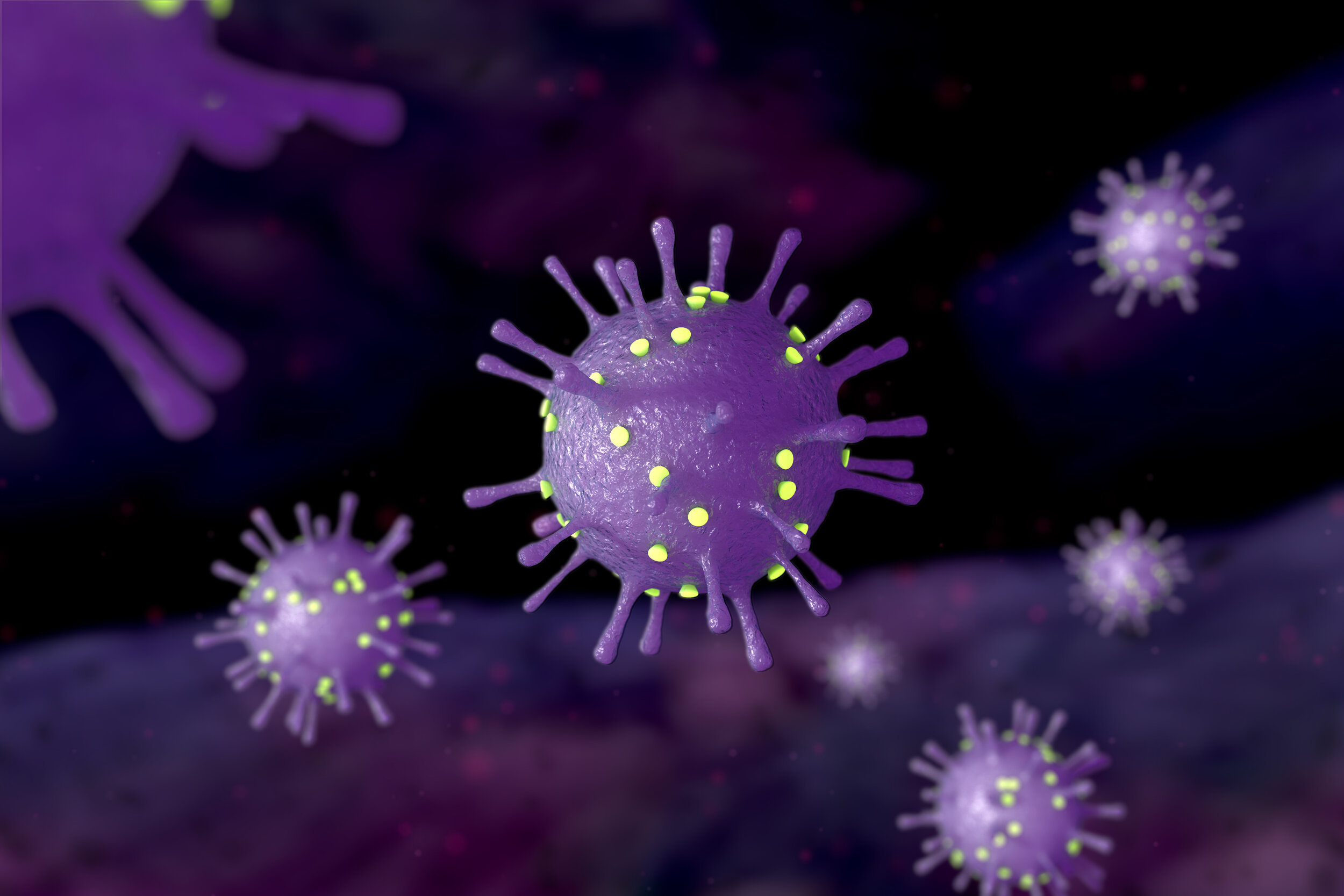FDA authorises emergency Zika Virus Test

US-based company, Nanobiosym has announced that the U.S. Food and Drug Administration (FDA) has authorised use of their handheld diagnostic machines, the Gene-RADAR®, to identify Zika Virus. The fully portable, chip-based diagnostic platform can recognize Zika Virus RNA in just minutes, without the need for lab infrastructure, trained healthcare personnel, electricity or running water.
The system uses nanotechnology to build a miniature testing lab on a thumbnail-size chip, capable of detecting Zika, Ebola, HIV and a range of other serious diseases. Nanobiosym aims to bring the XPRIZE-winning Gene-RADAR® platform technology to over four billion people on the planet that currently lack access to basic healthcare.
In addition to the Gene-RADAR® Zika Virus Test that has been granted an Emergency Use Authorization by the FDA, the Company is developing expanded clinical sample input options to include other body fluids such as whole blood and urine . Currently, the Gene-RADAR® Zika Virus Test has only been authorized for the detection of RNA from Zika virus in human serum, not for any other body fluids or any other viruses or pathogens.
According to the Centers for Disease Control (CDC), more than 43,000 people in the U.S. and its territories have already been infected by the Zika virus, including at least 4,750 pregnant women. One of the greatest threats of Zika infection occurs during pregnancy, potentially resulting in significant neurological problems in the developing baby, such as severe microcephaly, decreased brain tissue and brain damage.
“This FDA EUA represents a major milestone towards realizing our deeper vision: to decentralize, personalize, and mobilize the next generation of healthcare, much like cell phones transformed the telecommunications industry,” said Dr. Anita Goel, M.D., Ph.D., Chairman and CEO of Nanobiosym and a Harvard-MIT trained physicist and physician. “The FDA’s prompt feedback has accelerated our journey from winning the first XPRIZE for healthcare to bringing this new technology to patients and providers battling Zika on the front lines.”
Currently, Zika virus RNA has been detected in serum up to 13 days post-symptom onset in non-pregnant patients, up to 62 days post-symptom onset in pregnant patients and up to 53 days after the last known possible exposure in an asymptomatic pregnant woman.
“Access to this important new testing technology represents an important breakthrough in ‘real-time’ Zika testing and partnering with Nanobiosym allows us to bring cutting-edge Gene-RADAR® testing to our patients here in Florida,” said Dr. D.T. Jayaweera, M.D., Executive Dean for Infectious Disease Research at the Miller School of Medicine at the University of Miami, which has signed a Memorandum of Understanding with Nanobiosym to evaluate the real-world clinical and operational utility of the Gene-RADAR® platform. “Mitigating the further spread of Zika virus infection in Florida and effectively managing the spectrum of neurological problems in newborn babies and adults is a top priority for us.”
The Nanobiosym Research Institute focuses on creating breakthrough scientific insights and developing transformational technologies that emerge from the convergence of physics, nanotechnology, and biomedicine. Nanobiosym has been awarded several prestigious peer-reviewed awards and grants from U.S. federal agencies, including DARPA, NSF, DOD, DOE, CASIS (in affiliation with NASA), and USAID. Dr. Goel and Nanobiosym are harnessing the science of nanobiophysics to develop and clinically validate a pipeline of novel “apps” for the Gene-RADAR® Platform as well as enhance the mobility and other performance metrics of the underlying platform.
In the future, as the company releases diagnostics for further illnesses and applications, it is likely the Gene-RADAR® Platform will be a major breakthrough in what is a multi-trillion dollar industry. The out-dated, expensive and bulky PCR blood test machines used in major hospitals could be a thing of the past in years to come, making way for this cost-effective, mobile and quick diagnostic device.
A mobile diagnostic device which identifies multiple illnesses at the point of care for a fraction of the price will revolutionise healthcare. It will be interesting to see how the company develops.
For more information, visit www.nanobiosym.com or follow @Nanobiosym on Twitter.





